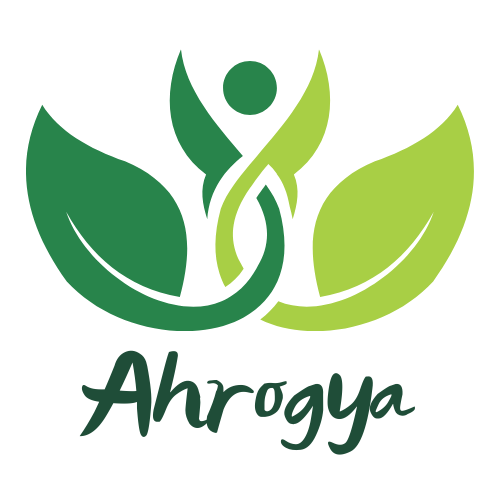You'd be forgiven for hoping for a medication that might halt or even reverse the consequences of aging if you've ever glanced in the mirror and saw graying hair and wrinkles, or forgotten the name of a dear friend.
A new study reveals that this isn't such a pipe dream.
Supplementing a diet with the sea organisms Ascidiacea, also known as sea squirts,
reverses some of the main signs of aging in an animal model, according to
researchers from Xi'an Jiaotong Liverpool University, Stanford University,
Shanghai Jiao Tong University, and the University of Chinese Academy of
Sciences. Sea squirts may be eaten uncooked and are used in Korean and Japanese
recipes.
Plasmalogens, which are essential to human bodily processes,
are found in these aquatic species. Plasmalogens are naturally abundant
throughout our bodies, notably in the heart, brain, and immune cells, but their
abundance declines as we age. This loss is also a symptom of a number of
neurodegenerative disorders, including Alzheimer's and Parkinson's. The
researchers looked at the impact of adding plasmalogens to the food of elderly
mice to see if increasing plasmalogen levels may help them avoid the ravages of
aging.
They discovered that the supplements had a significant
impact on the mice's cognitive capacity and health complaints. Professor Lei
Fu, the study's corresponding author, adds, "Our findings imply that
plasmalogens may not only slow but perhaps repair cognitive deficits in the
aging brain." Furthermore, older animals are given plasmalogens to develop new
black hair that is thicker and glossier than mice who are not given the
supplement.
This is the first study to illustrate how plasmalogens
influence the aging brain in detail. Mice were trained to use a Morris water
maze, a pool of water with a platform that acts as a resting place, to examine
the effects of the plasmalogen supplement on learning and memory. Mice dislike
swimming in general, so after five days of practice, they remember where the
platform is and swim straight to it as soon as they enter the pool.
After the same amount of training, elder mice take longer to
find the platform. Surprisingly, when given plasmalogens, older mice behave
more like young mice, discovering the platform significantly faster than the
control group of older mice who were not given the supplement.
The researchers investigated the alterations in the brain of
plasmalogen-fed mice to see what was causing the improvement. They discovered
that animals given the plasmalogen supplement had more and better synapses
(neuronal connections) than mice who were not given the supplements. Synapses
are essential for learning and memory since they are a basic component of our
brain networks. As youngsters, our synapses are relatively malleable, but as we
get older and suffer from neurogenerative illnesses, they decrease in number
and degrade, resulting in cognitive deficits.
As a result, in this study, the old mice given plasmalogen
supplements had a higher capacity for learning new abilities and forming new
brain networks than the aged mice given a standard diet. This shows that
dietary plasmalogens can prevent synapses from deteriorating with age.
Inflammation in the brain is another feature of growing older that is
hypothesized to play a role in neurodegeneration. The brain's immune system
becomes hyperactive and turns on itself, attacking neurons and preventing
synapses from working properly, which can have a severe impact on cognitive
abilities.
Sea squirts may be eaten uncooked and are used in Korean and
Japanese recipes. In this study, older mice given plasmalogen supplements had
significantly less inflammation than those on a regular diet, which may explain
why they performed better in learning and memory activities. Professor Fu
speculates on probable mechanisms of action for dietary plasmalogen
supplements, which appear to generate major alterations in learning and memory.
Plasmalogens greatly enhance the number of chemicals that help neurons and
synapses grow and develop in the brain, according to our findings. Plasmalogens
may so contribute to neurodegeneration.
There is also mounting evidence that plasmalogens have a
direct impact on synapses' structural characteristics. Plasmalogens may impact
the propagation of impulses between neurons by increasing the fluidity and
flexibility of synaptic membranes. Furthermore, plasmalogens may have indirect
impacts on our brains, according to Professor Fu. Dietary plasmalogens have
been proven to alter gut microbes in several studies. The relationship between
the organisms in our gut and our brain has been widely recognized to impact
neurodegeneration. It's possible that the plasmalogen's influence on this link
is responsible for the study's findings of improved learning and memory.
Plasmalogens taken orally might be a viable treatment method
for improving cognitive function in the elderly. So, as long as it contains sea
squirts, a pill to keep you youthful may not be such an outlandish concept
after all.
Source: Xi’an
Jiaotong-Liverpool University

.png)



0 Comments